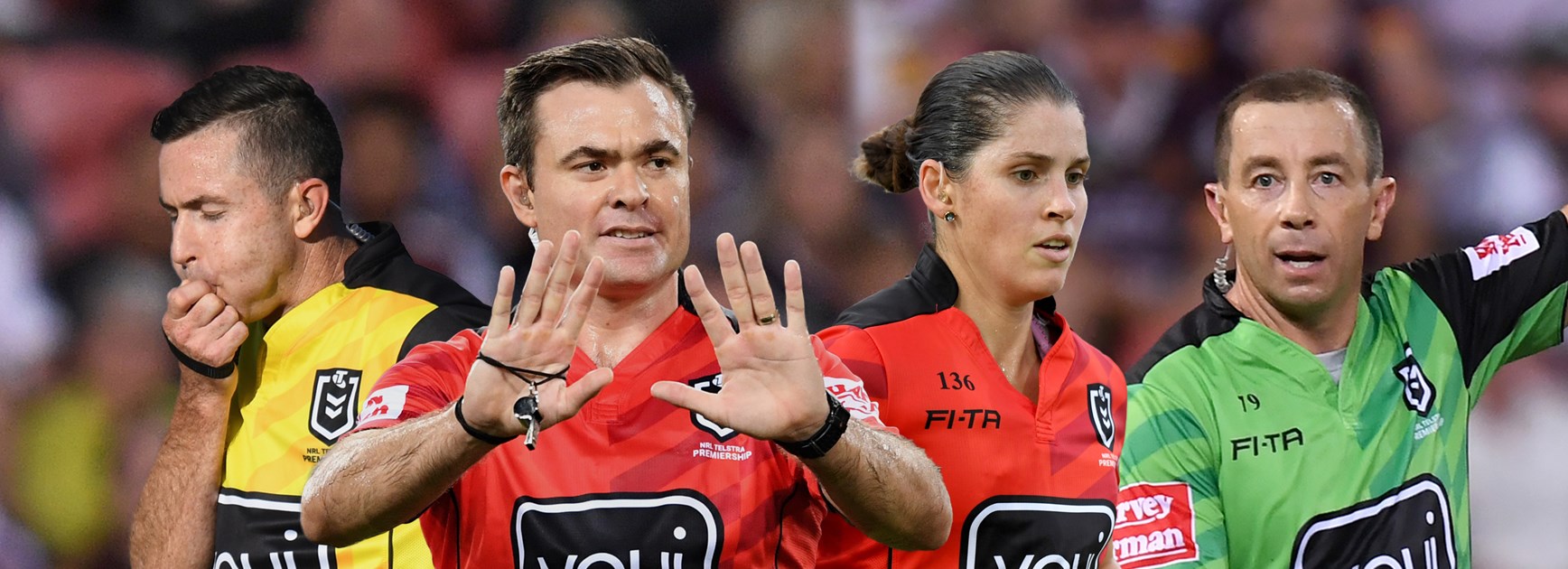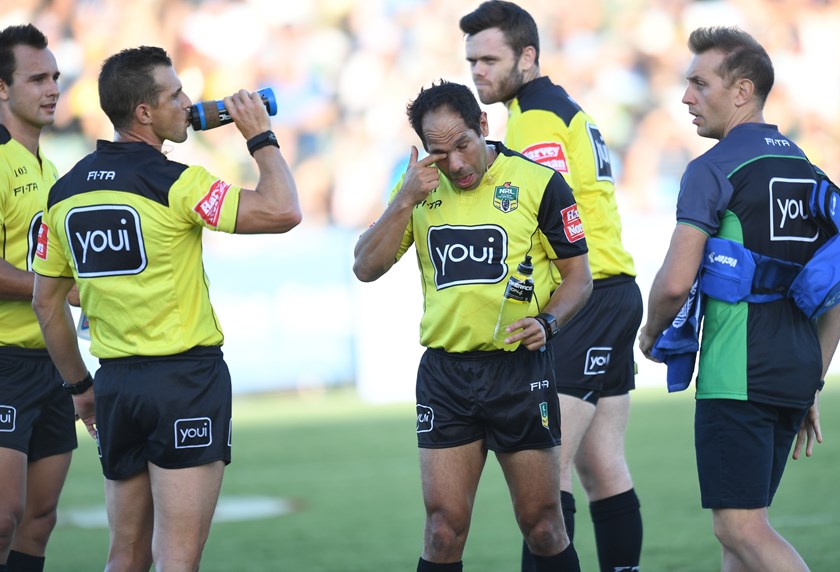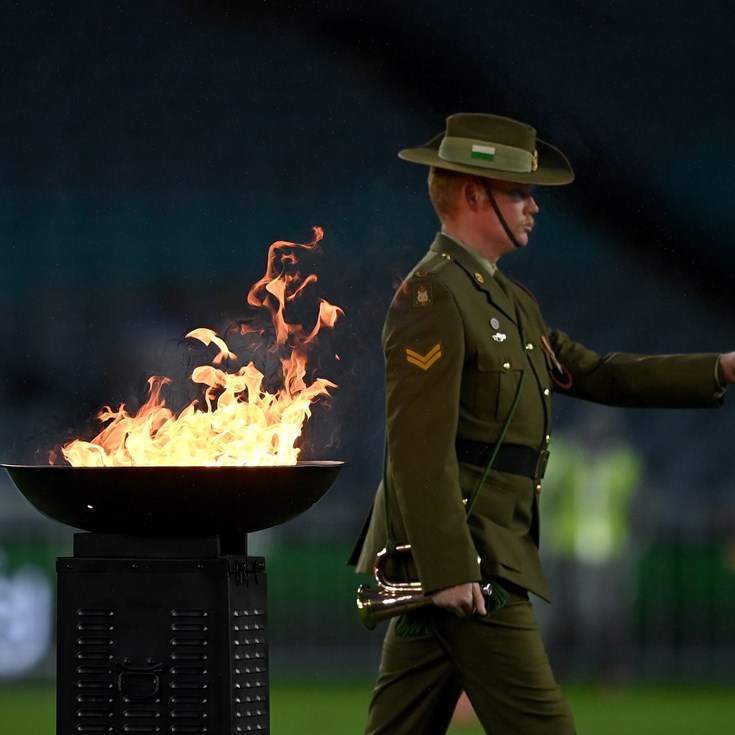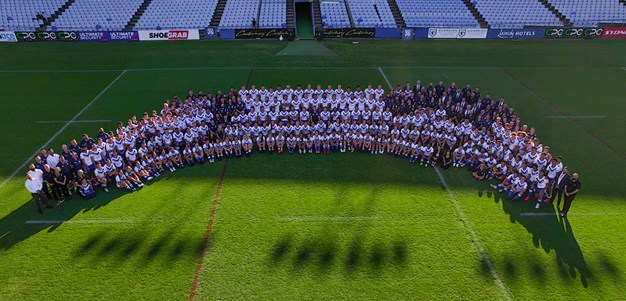
Who has the toughest job in rugby league?
It is the players - the men and women who take the field each week to represent their clubs, states and countries?
They are fierce, talented and competitive, and as fans we spend our weekends left in awe by their athleticism as we ride the highs and lows.
Rugby league is physically demanding and our players put their bodies on the line each week for our entertainment.
Coaches have it pretty tough as well. When a team is winning, it’s “full credit to the boys” or “full credit to the girls”, with the coach largely left in the background unless you are a tactical mastermind like Wayne Bennett, Craig Bellamy or Trent Robinson.
But should the team lose a couple in a row, that’s when the coach's name is increasingly mentioned.
Or is it the leaders and administrators of our game who have it the toughest, making significant decisions each day which impact the health, viability and sustainability of our game?
Annesley addresses contentious decisions
These groups might have their challenges, but hands down the hardest job going in rugby league is that of a referee.
Without referees, we do not have a game.
As fans, I think it’s very easy to forget how tough a referee’s job is. If you ask Todd Greenberg, he will tell you that on average a head referee will make approximately 400 decisions in 80 minutes. That is an incredible amount of work and decision-making for one person.
Get Caught Up: Round 7
When you consider that around 40 of those decisions are 50/50, having a referee make approximately eight errors a game is a pretty good result. Of course, all errors are not created equal. When those arrive, that’s when the media and fans like to get involved.
That was especially the case last year. In the early parts of 2018 it felt like the focus had moved away from the footy and onto the referees and how many penalties they were blowing per game. Perhaps it was more convenient for fans to blame referees rather than looking at the errors their teams were making.
It’s been different in 2019. The consensus seems to be that the referees are doing a good job and very little has been said about them. Perhaps as a game we are maturing.
This is important, because I often wonder if the level of scrutiny and pressure referee’s face discourages new talent picking up a whistle.
To that end, it was encouraging to see the NRL launch a new campaign last week to inspire the next generation of referees to have a go and “make the call – be a ref".
This campaign aims to give people interested in this area of the game the chance to explore that.
The opportunity to become TAFE qualified, gain employment and be part of a high-performing team in one of the most exciting sports in Australia is there.
Given the importance of physical activity, any campaign which encourages people to get up and moving has to be a positive.

It’s also a timely campaign, given that the need for referees will continue to grow as participation grows, particularly in the women’s game.
Registered female participation remained the strongest growth area for the game in 2018 with a 29 per cent increase from 2017. The number of women playing rugby league has more than doubled since 2015.
Every try from Round 7
It’s also now incredibly inspiring for young women who are interested in refereeing to know that they have the chance to referee both men’s and women’s rugby league at the highest level domestically, with the launch of the Women’s Rugby League Premiership last year.
With role models like Belinda Sleeman and Kasey Badger already involved in the game, young women can now see a future in which refereeing is an option.
Even if people who participate in the program have no aspiration of going on to referee first grade, there’s certainly no harm in giving people the opportunity to learn the rules of rugby league.
There are plenty of “experts” out don’t know as many rules as they think they do.
The views in this article do not necessarily express the opinions of the NRL, ARLC, NRL clubs or state associations.








